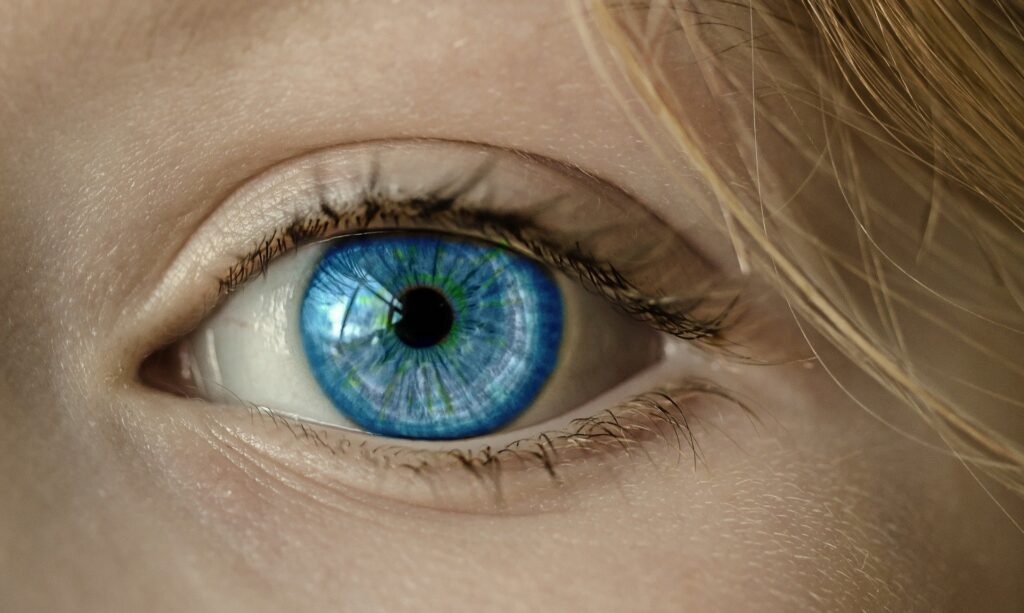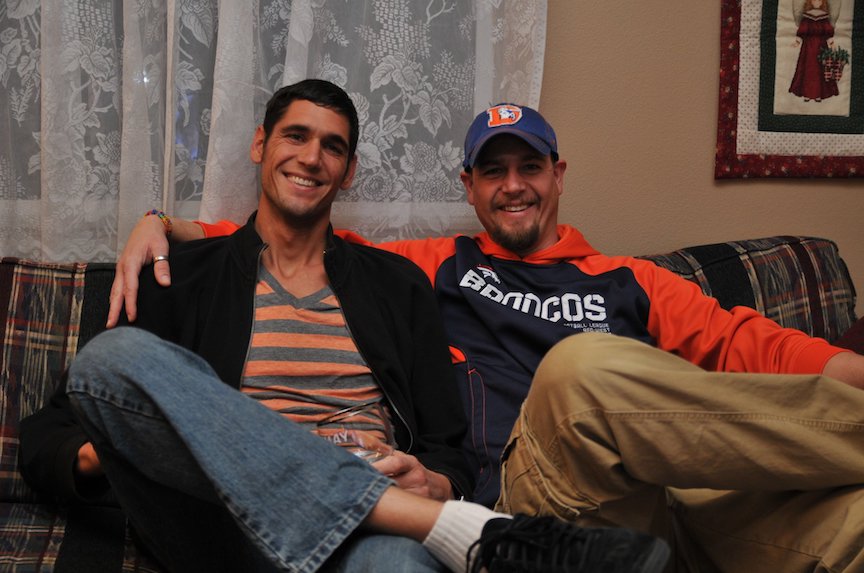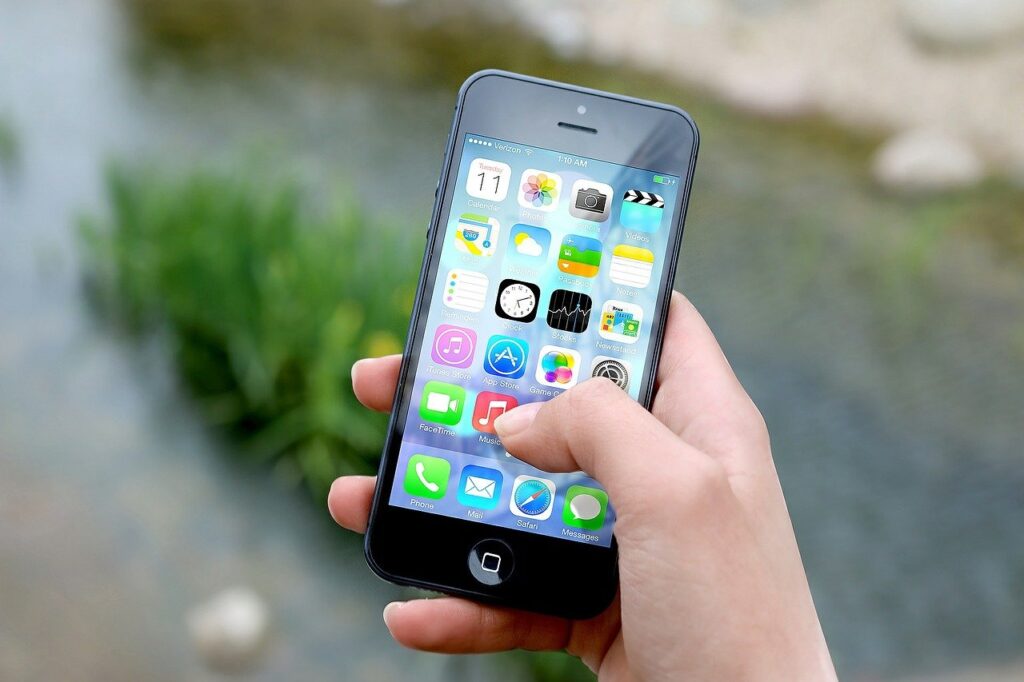It feels like I am pretty good at seeing what is right in front of me. And there is considerable evidence I am good at this simple task. For example,  I have been driving for 58 years and have not been in an accident because I misjudged a light changing color or a car making a left turn in front of me (yes there have been a couple of close calls). I make A’s in college because I can see clearly what the assignment is and complete it. I bet you’re pretty good at as well.
I have been driving for 58 years and have not been in an accident because I misjudged a light changing color or a car making a left turn in front of me (yes there have been a couple of close calls). I make A’s in college because I can see clearly what the assignment is and complete it. I bet you’re pretty good at as well.
However, research done by Simons & Chabris suggest that there are significant and important things that I miss. What is more disturbing is that I am not even aware I am missing anything. Simons and Chabris had subjects watch two teams pass a basketball and ask them to count how many passes were made by one of the teams. Almost everyone was able to accurately count the passes that were made.  However, over half of the subjects in the study missed the man in a gorilla suit who walked in the middle of the game, stopped and beat his chest and then walked out. What is crazy about this study is that gorilla was not small, he was a full-grown man, as big as the players. And it wasn’t like he only appeared for a fraction of a second, he walked slowly to the middle of the screen, stops, beats his chest and then slowly walked off.[1] Simons & Chabris first published their paper on selective attention in 1999. Since then the experiment has been repeated using many variations but with the same result. The only logical conclusion is that we are not as good at seeing what is in front of us as we think we are.
However, over half of the subjects in the study missed the man in a gorilla suit who walked in the middle of the game, stopped and beat his chest and then walked out. What is crazy about this study is that gorilla was not small, he was a full-grown man, as big as the players. And it wasn’t like he only appeared for a fraction of a second, he walked slowly to the middle of the screen, stops, beats his chest and then slowly walked off.[1] Simons & Chabris first published their paper on selective attention in 1999. Since then the experiment has been repeated using many variations but with the same result. The only logical conclusion is that we are not as good at seeing what is in front of us as we think we are.
Research indicates we are good at seeing what we are concentrating on, subjects who were concentrating on the number of passes made were able to do well at counting passes. But when our attention is divided, or we are concentrating on one thing, we miss other things. This is called unintentional blindness.

This is significant when it comes to our happiness because we can miss the things in life that can really make us happy. We can miss the taste of a perfect latte, the smile of a stranger, the beauty of a sunset or a dog running across the yard. We miss these things because we are not paying attention to them. If we are really going to be happy, we must make a deliberate effort to pay attention!
I think that there are things all around us that can make us happy, and if we are going to be happy, we need to pay attention to them. I think the first step is slow down and take some the time to ask what is really important, what is worth paying attention to? And we should also consider the opposite, what is NOT worth our time, what should we ignore. This isn’t easy!
In 1968, when I was in fifth grade, our family moved from Denver to Phoenix. It was a hard move for me as a kid. I had been playing basketball for a couple of years and had a dream of playing in the NBA. That was also the year that the NBA expanded, and the Phoenix Suns basketball franchise was founded. There was a lot of hype in the city over the new basketball team and I kept up on all the news. I followed all the wins and all the losses of the new team.
 I also have early memories as a child watching the Denver Broncos on television with my family. On Sunday afternoon dad would make a large bowl of popcorn and we would drink Coke (a big treat) and watch the football game. So, in addition to the Phoenix Suns I have been a long-time fan of the Denver Broncos.
I also have early memories as a child watching the Denver Broncos on television with my family. On Sunday afternoon dad would make a large bowl of popcorn and we would drink Coke (a big treat) and watch the football game. So, in addition to the Phoenix Suns I have been a long-time fan of the Denver Broncos.
I have some clear memories from my time being involved with these two sports teams. I remember going to my first NBA game, and the heart break of watching the Suns lose to the Los Angeles Lakers, the Boston Celtics, and the most painful of all, the Chicago Bulls in 1993. I also remember how excited I was when the Broncos won their first Super Bowl as 12-point underdogs against the Green Bay Packers in 1998.
Are these sports team worth paying attention to? Well, no, it makes no difference to my life if they win or lose. My salary doesn’t go up if they win, or down if they lose. I don’t get extra vacation for a win, and I don’t lose any status if they lose. However, it isn’t quite that simple. I went to my first NBA game with my brother and he taught me how to see the game from the floor by buying only cheap tickets (you can’t do that anymore, but it the 1970s it was a great idea and I owe my brother for “showing” me how to do it). I have fond memories of watching
 the Denver Broncos and Green Bay Packers with my son David. Richard, my youngest son, is not really a sports guy but we did have an epic night watching the Portland Trailblazers versus the Denver Nuggets.
the Denver Broncos and Green Bay Packers with my son David. Richard, my youngest son, is not really a sports guy but we did have an epic night watching the Portland Trailblazers versus the Denver Nuggets.
My point is the sports teams are NOT important to me but the relationships I have are and sports teams and games have facilitated those relationships. Some of my clearest and most enjoyable memories center around sports. However, there I have been times when I have paid too much attention to the game and not enough attention to the relationships. There have been times, because of a lack of reflection, my attention was misdirected.
I am not against sports teams, cell phones, computers, fixing my house or shopping malls. But these things are never the end, but rather the means to a more important end, my relationships with the people in my life.
It seems to me that paying attention to the people we are with is central to our happiness. However, the world is full of distractions which pull my attention away from the important to the trivial. I think history shows that living distracted lives really began with the industrial revolution in the 18th century, but since 2007 and the introduction of the smart phone, living in a world of distraction has reached a whole new level. Consider these statics:
Americans check their p hones about 47 times per day. For people between 18 and 24, the average is 82. Collectively, this adds up to more than 9 billion phone checks every day.
hones about 47 times per day. For people between 18 and 24, the average is 82. Collectively, this adds up to more than 9 billion phone checks every day.
On average, Americans spend more than 4 hours a day on their phones. That amounts to about 28 hours a week, 112 hours a month, or 56 full days a year.
Nearly 80% of Americans check their phones within a half hour of waking up.
Half of us check our phone in the middle of the night (Among 25- to 34-year-olds, its 75%).
One in five American adults agree with this statement: I can’t imagine my life without my smart phone.
Nearly 1 out of every 10 American adults admit to checking their phone during sex.
I have been accused of “old man thinking” by one of the Airmen here. What he means is that I am addicted to thinking a certain way because I have always thought that way and I am resistant to a new way of thinking or new technology. His observation is worth considering. I know many people who, as they get older, cannot embrace new thinking or technology. I never want to have “old man thinking”, but neither do I want to stop thinking about what is true. I don’t want to accept new technology just because it is “cool” or because “everybody” is doing it.
I am pretty sure that the best life, the one that I want to live, will involve a deliberate effort to concentrate on what is important. I want to get better at concentrating on what is important. In order to live a better life, I am going to change my relationship with my phone for the next 30 days.
For 30 days I am going to turn off all notifications.
For 30 days, I will check my phone no more than once an hour.
For 30 days, I “lose” my phone for two hours every day.
What I have really learned the last six months as I have been studying happiness is that if we really want to be happier, we must make changes in our lives. So, I am going to make these small changes and report next month what I learned from making them.
[1] Here is the link to the video of basketball and gorilla: selective attention test – Bing video